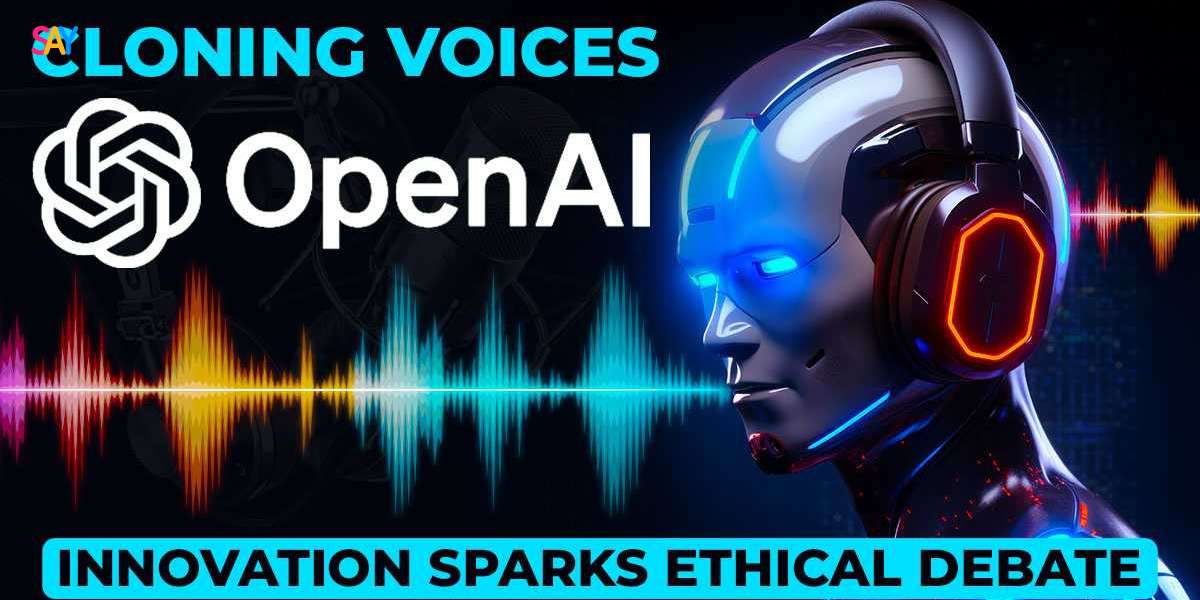Imagine creating an exact match of your voice from just a 15-second audio sample—all with OpenAI’s voice cloning tool, Voice Engine. But the universal truth remains that every coin has two sides. If one side is a boon, the other is a bane.
The need of the hour is that technological advancements should strike a delicate balance with ethical integrity. To ensure this, the OpenAI company is placing great priority on transparency and accountability.
Though it has yet to be released and is only available to some testers, this voice cloning tool is going to revolutionize the world. However, before looking at the ethical debate it has ignited, let’s first understand what OpenAI Voice Engine is.
What is an OpenAI Voice Engine?
OpenAI Voice Engine represents a significant advancement in natural language processing (NLP) along with artificial intelligence (AI). It is a system designed to generate human-like speech from text and a 15-second-long voice recording input.
Based on deep learning algorithms and neural network architectures, the Voice Engine can produce remarkably realistic voices, capable of generating various accents, tones, and even emotions. This technology holds the promise of revolutionizing industries such as customer service, entertainment, accessibility, and education, among others.






